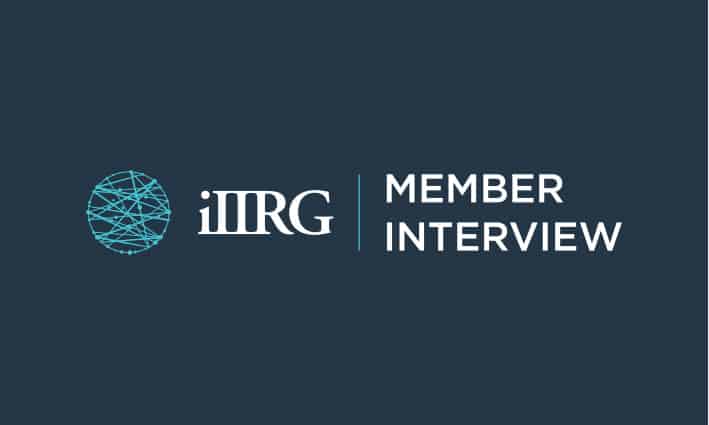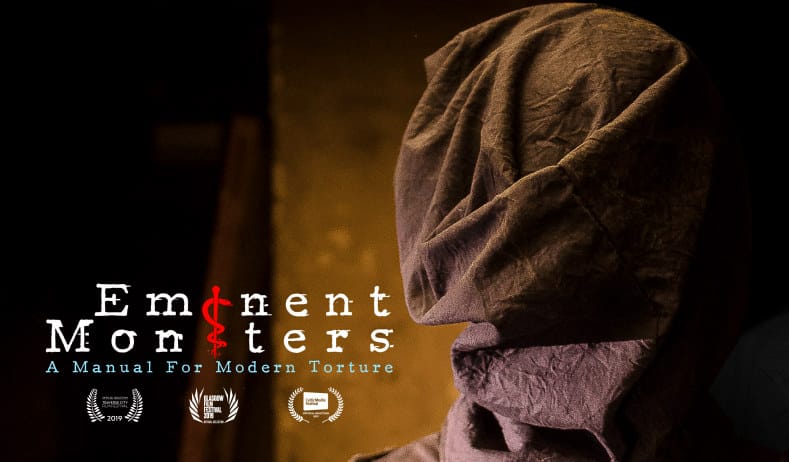1. Please describe your work and how investigative interviewing is involved.
I was a police officer for 30 years in the UK, where my main role was an interview adviser and detective sergeant on a major crime team in homicide investigations, conducting high stake investigations. I largely managed the interviews, so when I retired it was more about taking that skill base into the commercial world and looking at how I could improve the interviewing of corporate bodies (e.g., anti-corruption agencies, federal police etc.). My world now is to take what I learnt over that period of time, develop training packages and train professionals how to apply PEACE model techniques in their working environment. So it’s taking the police service world into the private world. I design and deliver courses across the world and provide consultancy to forces in relation to interview management in high stake investigations.
2. Was there any particular work/person that inspired you to get involved in this area? If so, what/who?
I conducted an investigation in 1993 into a serial paedophile, and when I interviewed him as part of the investigation it was clear to me he had more knowledge of the offending mechanism than I had as the investigator trying to interview him. Even though it was a very successful investigation, I walked away from that with the feeling of, ‘did we really do a good job, or did we just get lucky?’ And I met a guy called Ray Wyre, who’s no longer with us sadly. He was an expert in relation to the interviewing of sex offenders and he opened my eyes and thought processes to how we could, as investigators, apply the science of interviewing in a practical setting. He had dedicated his life to understanding the mindset of the offender in order to ask them appropriate questions. At a time when the police service was not very receptive to the thoughts of academics, Ray and his book, ‘The Murder of Childhood,’ changed my view and inspired me to understand the science of interviewing, and how we can apply it in a practical setting.
3. How did you get involved in your area of work?
I originally got involved in the interviewing of children and offenders as far back as 1988. It was at a time when there was a lot of child protection inquiries going on in the UK, so I was posted into vice squad of Cardiff and became a child interviewer overnight. When I went back into mainstream criminal investigations, I was deemed the expert in child interviewing (without any formal training yet!). It was really by accident that I became involved because I had applied for the traffic department, but I was posted to vice, and my head of the division said at the time “you’re not going to go to traffics long as I’m in charge of the division,” and that changed my entire career. It was as simple as that.
4. What advice would you give to students hoping to work in your field?
I would certainly say to students from an academic background, if possible and wherever possible, get involved with the local police force so that you can understand what they do on a day-to-day basis. That will inform any questions or research hypotheses you have in your particular areas. When conducting research, it gives you the connections whereby you can pick up the phone and ask what results mean or how they fit into people’s line of work; it helps to make sense of those results. It can also help you to develop research that is relevant, dynamic and current, and not just regurgitating old laboratory findings. As an academic, it’s great to be able to do your research, get your qualification, put a nice shiny book on a shelf, great! But unless you do something with your research on a practical level, what is the benefit of it? If you don’t understand how you can benefit the workplace, there is something lost in the research.
And on the flip side of that is almost an identical approach for the cops to understand what the academics are doing and where academic-based research can assist their working practices, develop their thought processes, give them a point of contact to see what’s current, to network, and to use them as a sounding board. It doesn’t mean to say that academics need to be police officers and doesn’t mean to say that police officers need to be academics; the two fields need to be brought together in order to promote best practice. That is critical.
5. What is the work that you are most proud of?
I came into academia late into life; I left school with nothing, could hardly write my name! My inspiration to achieving academics is down to my wife. When we met 20 years ago, she had all her academics, she was a child protection specialist and she encouraged me to complete my studies. I now have a post graduate diploma in child forensic psychology and law, a BA in education, post graduate certificate in adult education, a masters in investigation management and now I’m a PhD candidate. And I keep saying to people I left school with nothing, I was just a dull boy from the valley of Wales, and if I can achieve that, and work 16/17 hours a day I’m quite proud of that. As a father and a husband, I couldn’t have done any of that without the support of my wife. And that’s the truth, and that’s what I’m most proud of in that sense.
I think my greatest achievement from a policing perspective was basically working my way to the top of the interviewing structure within the police service, to be recognized as an interview adviser both locally, regionally and nationally. I met Kerry Marlow who was the interview adviser for the Welsh region, and he encouraged me to take over. So that’s what I aspired to do and that’s what I achieved. He and I are the only two people to be regional interview advisers for Wales; he was proud of being the first Welsh interview adviser and I’m also quite proud of what I achieved in that area. I’m also proud about bringing academics into the police force to be able to reach the top in my given field. No matter what your field is, whether it be community policing, traffic policing, search teams, it makes no difference; if you can apply yourself and walk away from that saying “I did my best and I was the best in my field”, then I think that’s an achievement.
6. What are the best and worst aspects of your job?
I think the worst part is dealing with some of the stuff that I’ve dealt with over the years without professional support—having to rely on close friends and family in order to support you through some of those difficult investigations. Coming home after 16 hour shifts, listening to people telling you the most horrendous stuff can be quite draining and emotional, and if you haven’t got good support mechanisms then it would drive you potty.
The best aspect is meeting the some amazing people that I’ve met over the years, people who deal with quite a lot of stressful situations but they work with humility and professionalism. From all walks of life, I’ve met some really dedicated people over the world who are doing the best in their field. And for me it was always about trying to do the best, not necessarily being the best but doing the best. I get really pleased for people who are doing their personal best. I think if you enjoy and you’re passionate about what you’re doing, it will reflect in your work. If I ever stop being passionate about what I’m doing then I’ll just take a job in my local supermarket.
7. Are you currently recruiting new PhD/post-docs? 6. Are you interested in student research collaboration? If so, on what subjects and what is the best way of getting in touch with you?
I’m always interested in research collaboration!
http://www.vaughantraining.co.uk/







